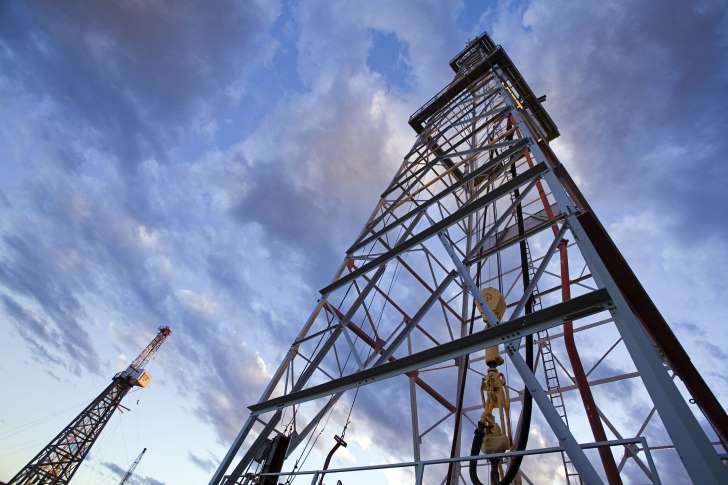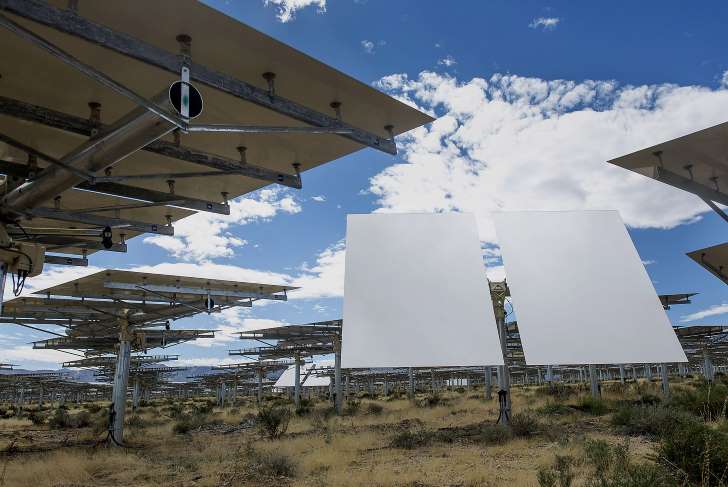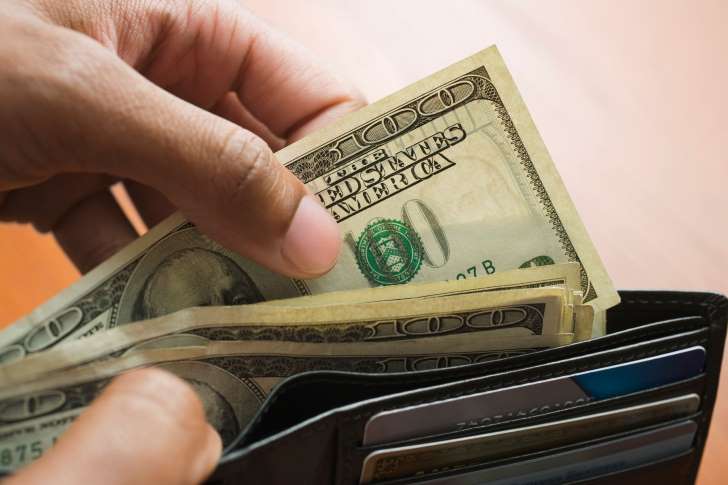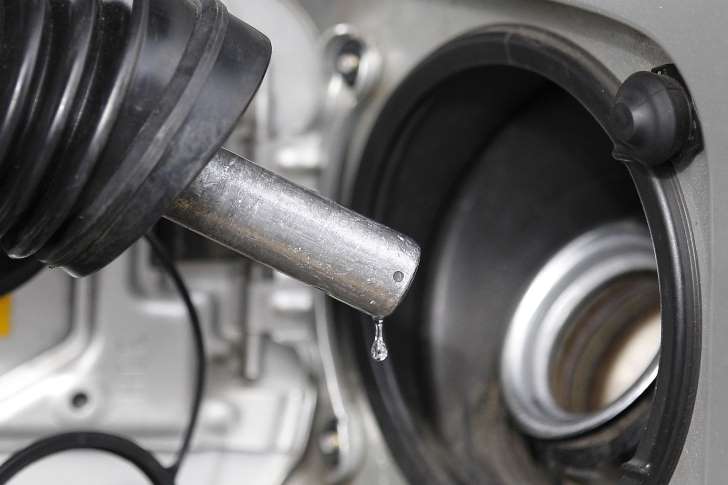3 reasons Obama’s oil tax would be good for America

Plenty of people hate President Obama's proposal to slap a $10-per-barrel tax on oil.
The oil industry slammed the tax, and Republicans in Congress seem opposed as well. What's more, it'd probably anger American drivers who've gotten used to cheap gas: Prices at the pump now average $1.72 a gallon — the lowest they've been in nearly a decade — and estimates suggest the tax would up the price of gas by 22-24 cents per gallon.
However, there are three compelling reasons to support the tax, which the administration says would raise $320 billion over 10 years to fund additional investments in roads and bridges and hasten the development of self-driving cars and new light rail and mass transit systems.
1. The tax would be good for the environment
2. It wouldn't hit our wallets too hard
Oil companies are arguing that they're opposed to the tax on behalf of consumers, since ultimately these firms will pass the tax on to motorists. That's true! However, a basic analysis suggests that if we’re going to get a tax on oil, now is the time to do it.
"Prices are at record lows, making the impacts small," said Gernot Wagner, a lead senior economist at the Environmental Defense Fund, in an email to The Huffington Post. "The benefits are clear, too, and are more prominent at lower oil prices."
Economists have been arguing for about a year that the time is right. Oil's price per barrel dipped below $30 this week, down from more than $100 in the summer of 2014. Even with a tax, American consumers would still be getting a huge discount on gasoline and other oil-based products.
Let's be clear: For most Americans, this will feel like a tax on gasoline. But they're unlikely to a feel a pinch there right now. Even if a $10-per-barrel oil tax pushes current gas prices up by another quarter, gas would still cost less than $2 a gallon.
The chart below shows how the current price of gas compares to the last decade (the red line), and how much the oil tax might increase prices (the green line). We'd still be at historic lows:
In addition, Americans barely pay any gas taxes. Even with an extra 24 cents a gallon, we'd still have some of the cheapest gas in the developed world.
Burning fossil fuels to heat our homes and keep our cars running has a cost beyond what companies pay to extract oil from the ground and deliver it to you in a useable form. It destroys the environment. One of the only ways to reduce the future cost of climate change is by taxing fossil fuels now.
Carbon taxes already exist in many European countries, Mexico, South Africa, two Canadian provinces, and the city of Boulder, Colorado, here in the United States. At the Paris climate summit last November, carbon taxes were embraced by a host of big businesses. The oil giant Exxon Mobil has supported a carbon tax since 2007.
Even if the proposed oil tax is dead on arrival in Congress, Reuters energy analyst John Kemp says it could pave the way for some sort of carbon tax in America. It could "create a marker for future discussions about increasing gasoline taxes or even introducing an economy-wide carbon tax," he wrote last week.
3. Finally, and most importantly, it could save lives
Gas prices were high between 2010 and 2014, then there was a sharp drop, with prices way lower than people were used to for most of 2015. What happens when gas prices rise? People drive less. That means not only less air pollution but also fewer traffic deaths.
In the first nine months of 2015, 26,000 people died in traffic accidents, a 9.3 percent increase from the same period in 2014. By contrast, annual traffic deaths fell by 22 percent between 2000 and 2014, according to the Department of Transportation.
Put in those terms, safety is something Americans should be willing to pay for.
Политика конфиденциальности | Правила пользования сайтом










